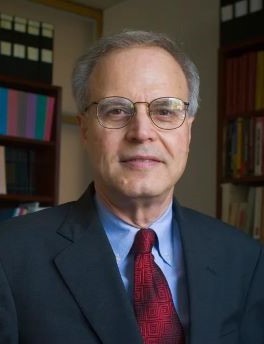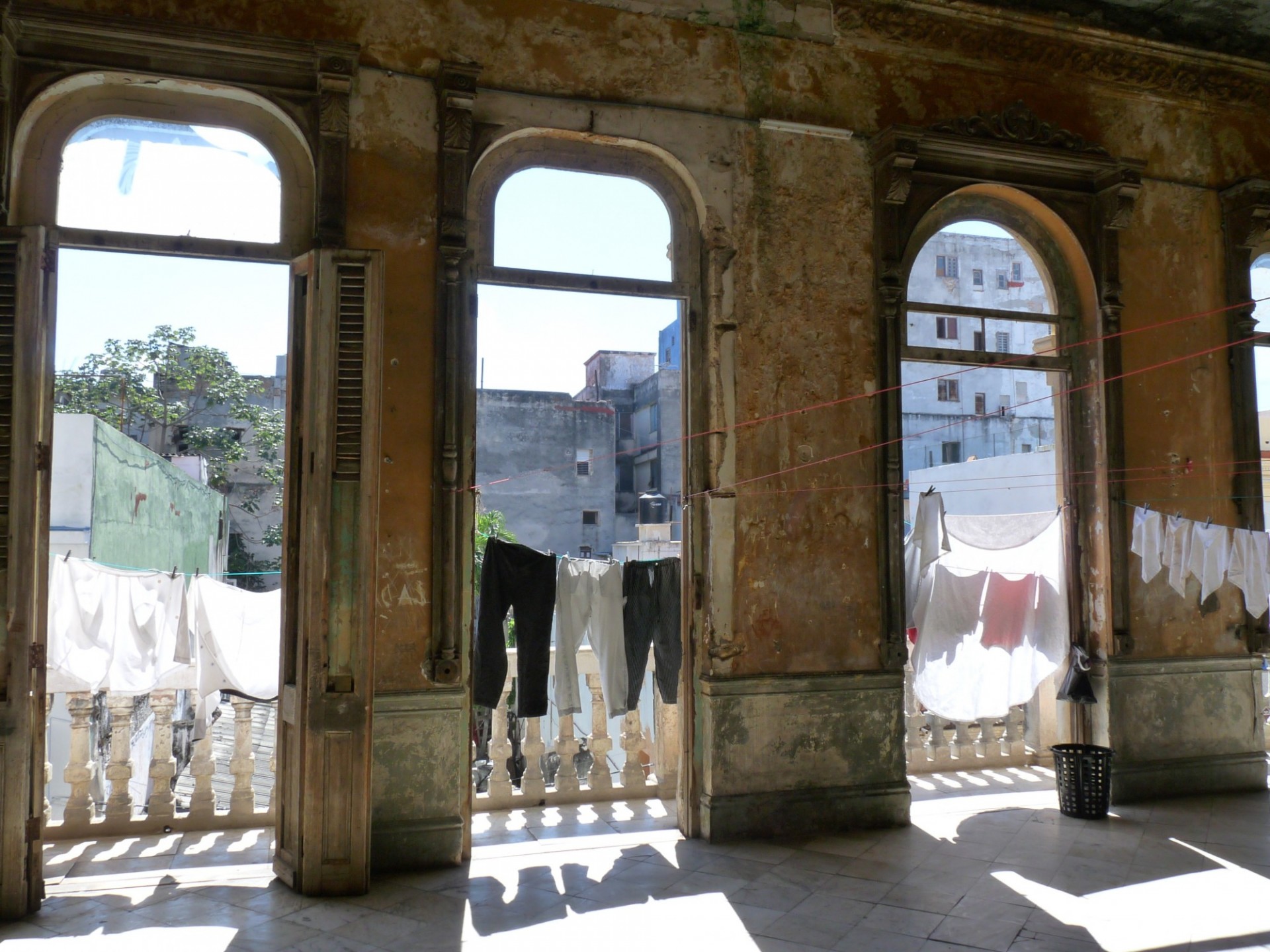How to Consider Cuba’s Contemporary Circumstances?
In Cuba, economic transparency improves and can be improved, but sometimes newly established regulations are ignored.
During any season of hurricanes, natural and human-made disasters, the instances of success while facing adversity understandably grab our attention. Nevertheless, it is also pertinent to consider the wider context of what has been happening in Cuba in 2021 and 2022, that is, since the 2021 Eighth Congress of the Cuban Communist Party (CCP) and the protests that broke out in July 2021 as well as those that preceded them and followed them.
Weaknesses in Planning and Implementation
A set of economic indicators require explanation in Cuba’s specific circumstances, and not by simply attributing them to external factors.
- A report to the National Assembly of People’s Power, at its May 2022 meeting, noted that only 22 of the 119 presumably obligatory policies had been implemented. The lack of implementation of these decision stems from problems internal to Cuba.
- At that same meeting of the parliament, Alejandro Gil, economy and planning minister, reported that 23% of state enterprises showed losses, while another 30% of state enterprises showed gains 50% above the plan’s expectation. Those gains might seem a wonderful result. Better, however, is to recognize that “the Plan” was not prepared well, that is, the resources allocated to money-losing enterprises were not deployed with greater efficiency, while there is a cluelessness about almost a third of enterprises that generate high profits but, in doing so, reveal the real failure of planning to allocate resources.
- Economic distrust grows by the year, moreover. The percentage who paid taxes fell from 93% in 2021 to 70% in 2022. Whoever does not trust will not pay.
Economic Transparency: Improving and Improvable
Economic transparency clearly improved when the official press reported in May 2022 that only 57% of the buses scheduled to be operating in Havana province were in fact doing so. Transparency also improved once the official newspaper Granma published comments from its readers that tarred the bus service with words such as “horrible” and “terrible,” among others. Yes, transparency improved amidst a terrible reality.
Economic transparency also improved once the official press noted that the 2021-2022 sugar harvest reached only 480,000 metric tons, the lowest production in a century. Let us congratulate the improved transparency before deploring these awful results.
Improvable are Minister Alejandro Gil’s substantive communications regarding the economy. On Aug. 6, 2021, the Council of State approved the decree-laws to regulate micro-, small- and mid-sized firms, non-agricultural cooperatives, and self-employment. By the end of July, several ministries had changed the regulatory framework for prices and taxes.
In his television presentation to explain these noteworthy changes, Minister Gil “assured that it is totally inaccurate to link the recent approval of the decree-laws with the events of July 11, 2021, because that ignores the steps undertaken since the last two Party Congresses.”
Recall that the implementation of the reform program launched in 2010-2011 (the Lineamientos) halted during and following the 2016 Seventh CCP Congress; the operation of private sector firms was obstructed through multiple efforts to curb its growth; and the new price policy prevented normal economic growth. When a minister makes comments so at odds with the nation’s true experience, was his real intention to express thanks for the July 11 events because they at last broke through the logjam that had blocked the necessary reforms, launched by the then-president, General Raúl Castro, yet paralyzed since the end of 2015?
The Role of the CCP
Article 5 of the Constitution of the Republic affirms that the CCP “is the superior political driving force of the society and the state.” How does the CCP respond to the current situation?
CCP membership has dropped significantly. At its 1997 Fifth Congress, First Secretary Fidel Castro communicated that there were about 780,000 members. There were 713,234 members following the 2021 Eighth Congress. The decline persisted, reaching 708,878 members on the eve of the Central Committee Plenum’s meeting in April 2022 – that is, only 6.3% of the population belonged to the Party. There are likely various reasons, but no official explanation.
There is a certain instability at the CCP’s middle ranks. Between 2016 and 2021, seven of the fifteen CCP provincial first secretaries were replaced, that is, half, but averaging only one per year. Between 2021 and 2022 eight of the fifteen CCP provincial first secretaries were replaced, with five suffering defenestration. All eight had been confirmed as CCP Central Committee members at the 2021 Eighth CCP Congress. What came to light in 2021-2022 that had not been known before the Congress? Why did the annual rate of replacement of provincial leaders at a minimum increase five-fold following the summer 2021 protests? Does that CCP instability reflect the economy’s instability or a specific political instability?
Finally, there is doubt regarding certain instability at the CCP’s very top. During the Eighth Congress in 2021, several so-called “historical” leaders retired, and a new regulation determined that 60 was the maximum age to join the Central Committee and the Political Bureau. However, in April 2022, an 83-year-old General rejoined the Central Committee and the Political Bureau as a member, thereby violating a party rule in effect for just one year. This General had had a distinguished military career and multiple important responsibilities within and outside Cuba. But a self-confident and reliable national leadership does not require a tutor on site. A party that seeks institutionalization does not break its rules.
And why did yet another retiree from the CCP’s top leadership return to participate in the Party’s internal decisions, including the ratification or replacement of the provincial first secretaries, even being prominently photographed at the head table at these meetings?
Social and Political Openings
On July 15, 2021, the government set up the provincial councils to initiate its program to combat racism and racial discrimination, a policy authorized in 2019 but that had not yet been implemented. Given the large number of Afrodescendants involved in the July 11 protests, was this decision a response to the protests, providing an opening? Is there another explanation as to why the implementation of the policy was delayed and why it was applied when it was?
During the National Assembly’s discussion of the Penal Code in May 2022, Deputy Mariela Castro Espín proposed inserting “femicide” as a punishable crime. Deputy María Armenia Yi Reina explained her opposition to the multiple instances where the Penal Code authorized imposing the death penalty. Neither proposal was approved, but the official press reported both expressions of opposition. Will the National Assembly now allow the expression of minority disagreements? Will it permit a wider pluralism in its midst regarding social, political, and economic issues?
The process that led to the September 2022 referendum regarding the Families Code implied a different kind of political opening. The code addresses multiple issues, but the tough debate focused on the authorization of same-sex marriages and the policies that flow from it. This was a radical social and political change for a country that in the 1960s sent many homosexuals, among others, to the Military Units to Aid Production (UMAP) and that in 1980 expelled many of them through the Mariel harbor boatlift.
The Families Code was also the first law subject to a referendum, which implies a different approach to politics in a possible future.
Similarly noteworthy was the decision to announce, already in April 2022, that the opposition to the code was high – 62% according to the National Electoral Council. The referendum also reflected this opposition, given that both the “no” votes and the votes to abstain were forms of expressing such opposition. Is the CCP ready to recognize and accept that numerous political minorities disagree with its most important decisions? Will it permit the expression of other voices on other topics that are salient for the nation’s social, economic, and political prospects?
Conclusion
When President Miguel Díaz-Canel is not blaming imperialism for all of the country’s ills, he speaks with insight regarding many problems that the nation faces. In April 2022, he recognized publicly the challenges with the water supply, inflation, queues that he called “interminable,” transportation problems, the instability of the electric supply system (which would collapse nationwide under Hurricane Ian’s blow in September 2022), in addition to other problems that have impacted a people overwhelmed by them and tired of hearing explanations that explain little.
Let us cheer this new willingness to communicate with greater transparency. May the government and the CCP acknowledge, however, that this good step is just a first step.

Jorge I. Domínguez is the author of many books and articles on Cuba. He was a professor at Harvard University from 1972 to 2018. During his tenure at Harvard, he also held various administrative positions. His web page, open to all, is: https://jorgeidominguez.com and includes publications in both English and Spanish.

